8 Best Merchant Services of 2024 [Boost Your Profits Now]


Merchant service can be overwhelming, but it’s essential for your business’s success. In this guide, we’ll delve into the top 8 merchant services, examining their pricing, advantages, and drawbacks. From Stripe to PayPal, we’ve got you covered.
Whether you’re curious about what credit cards will Helcim take or looking for information on Square merchant services, this article will provide the insights you need to make an informed decision. Let’s dive in and discover the best options for your business!
Merchant services encompass a broad range of financial services and products that enable businesses to process transactions seamlessly.
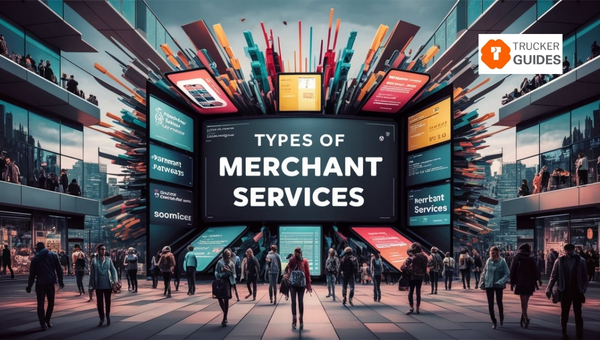
These services are essential for any business that wants to accept credit or debit card payments, as well as other types of electronic payments. Below are the key types of merchant services available:
Choosing the right merchant service is crucial for any business looking to streamline its payment processing and enhance customer experience.
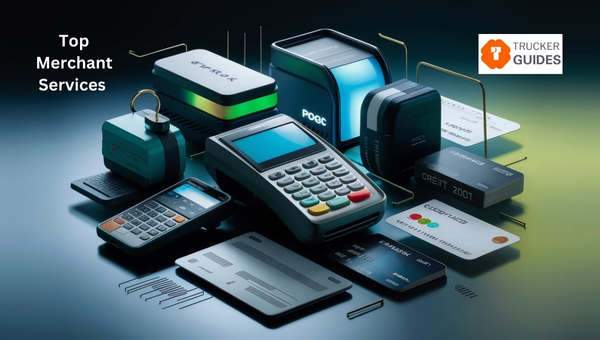
With numerous options available, it can be challenging to determine which service best suits your specific needs. Here’s a closer look at the top 8 merchant services to help you make an informed decision.
Stripe is a robust merchant service that has gained popularity for its ease of use and comprehensive features. It allows businesses to accept payments over the internet, making it a go-to for many online platforms.
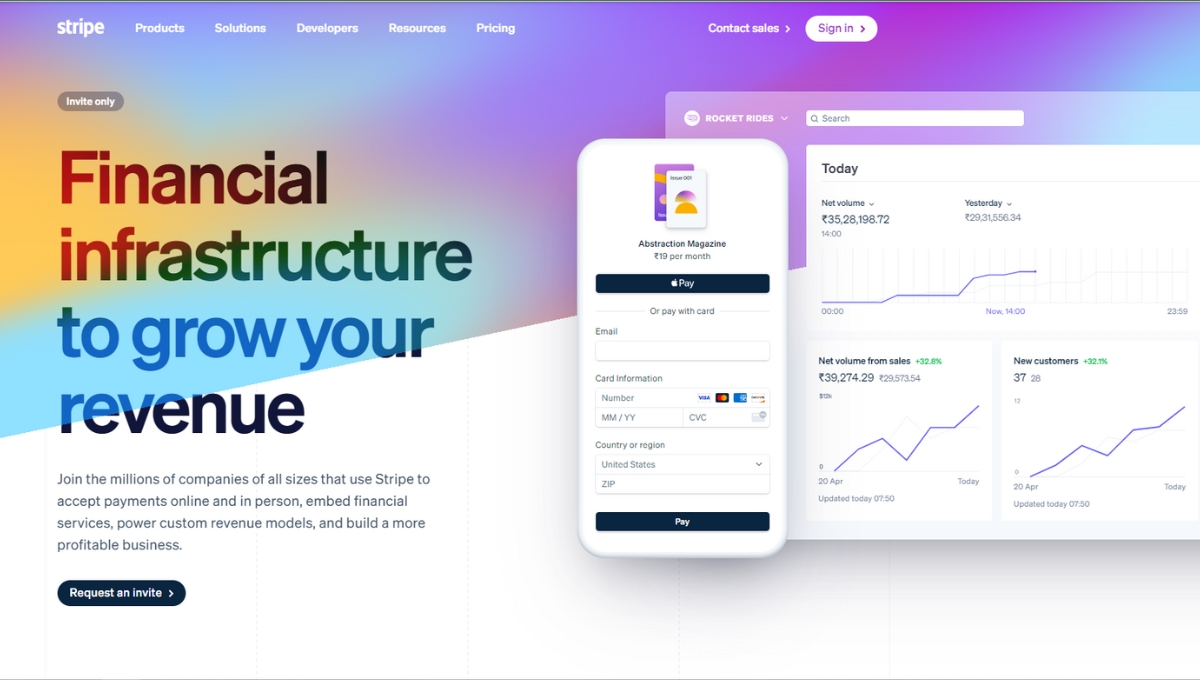
Stripe is known for its seamless integration capabilities, which means you can easily embed it into your website or app without a hitch. Whether you run a small business or a large enterprise, Stripe offers flexible solutions to meet your needs.
One of the standout features of Stripe is its developer-friendly API. If you have a tech-savvy team, the possibilities are virtually endless. You can customize the payment experience to fit your brand perfectly.
Stripe’s pricing structure is straightforward and easy to understand. Here’s a breakdown:
Monthly Fee
$0.00.
Payment Processing Fees
| Pros | Cons |
|---|---|
| No monthly fees | No free reader |
| 24/7 support available | Virtual terminal limitations |
| Supports over 135 currencies |
Square is a well-known name in the realm of merchant services, offering a comprehensive suite of tools to help businesses manage their payments efficiently.

Founded in 2009, Square has grown to become a popular choice among small and medium-sized businesses due to its user-friendly interface and versatile features. Whether you’re running a retail store, a restaurant, or an online shop, Square provides robust solutions to streamline your operations.
One of the standout features of Square is its ease of use. With its intuitive design, even those new to credit card processing can quickly get the hang of it.
Moreover, Square’s hardware options, like the Square Reader and Square Terminal, integrate seamlessly with their software, ensuring a smooth transaction process.
Square offers a range of pricing options to cater to different business needs. Here’s a breakdown of their fees:
Monthly Fee
$0.00 and up.
Payment Processing Fees
| Pros | Cons |
|---|---|
| No monthly fee | No 24/7 live phone support |
| Quick setup | Readers not compatible with Windows devices |
| Free card reader | |
| Low transaction rates |
Stax is a popular choice for businesses looking for a reliable credit card processing provider. Known for its transparent pricing model, Stax aims to simplify the often complex landscape of merchant services.

The company offers a subscription-based service, which can be especially beneficial for businesses that process a high volume of transactions.
Instead of taking a percentage of each sale, Stax charges a flat monthly fee, making it easier for businesses to predict their costs.
Monthly Fee
Payment Processing Fees
| Pros | Cons |
|---|---|
| Robust platform features | – High monthly subscription cost |
| Zero markup on interchange fees | – Limited to US-based merchants |
| Transparent membership pricing | – Not ideal for small businesses with low transaction volumes |
| Extensive support for third-party integrations | |
| No early termination fee |
Helcim stands out as a renowned merchant service provider that caters to businesses of all sizes. Their commitment to transparency and fair pricing has earned them a solid reputation in the industry.

One of the remarkable aspects of Helcim is their dedication to offering cost-effective solutions without compromising on quality.
They provide a wide range of services, including payment processing, invoicing, and even a point-of-sale system, making it a comprehensive choice for many businesses.
Helcim adopts an Interchange Plus pricing model, which is transparent and straightforward. Here’s a detailed breakdown of their pricing structure:
Monthly Fee
$0.00.
Payment Processing Fees
| Pros | Cons |
|---|---|
| No contracts | No free card reader |
| Transparent pricing | Customer support not 24/7 |
| Low processing fees |
Chase Payment Solutions stands as one of the most reliable and widely recognized names in the world of merchant services. Catering to a diverse range of businesses, Chase brings to the table comprehensive payment processing solutions that are both efficient and secure.
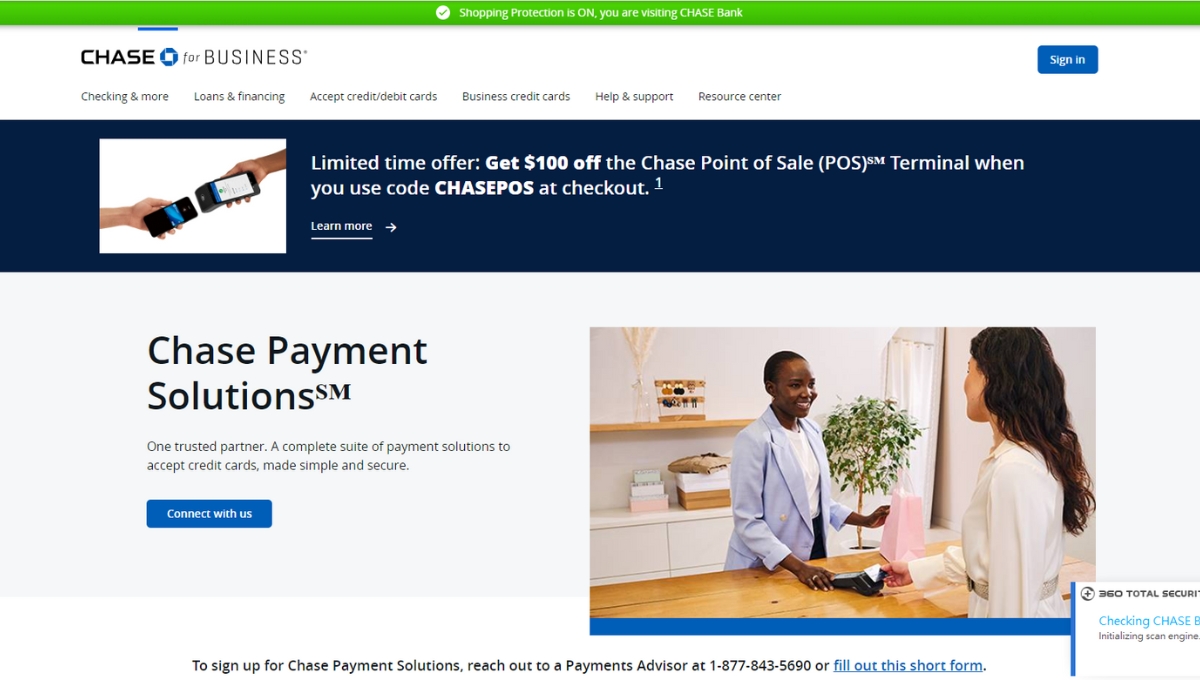
Whether you’re a small business owner or managing a large enterprise, Chase ensures that your transactions are seamless and hassle-free.
One of the key strengths of Chase Payment Solutions is its integration with Chase Bank, providing a cohesive experience for those who already bank with Chase.
Monthly Fee
$0.00 Monthly fee in some instances.
Payment Processing Fees
| Pros | Cons |
|---|---|
| On the cheaper end of flat-rate prices | Requires Chase checking for quickest deposits |
| Next-day payouts available | Unclear POS pricing |
Also Read:Best Postage Meter Rental to Cut Mailing Expenses
National Processing is a well-regarded credit card processing provider that offers a variety of solutions tailored to different business needs.
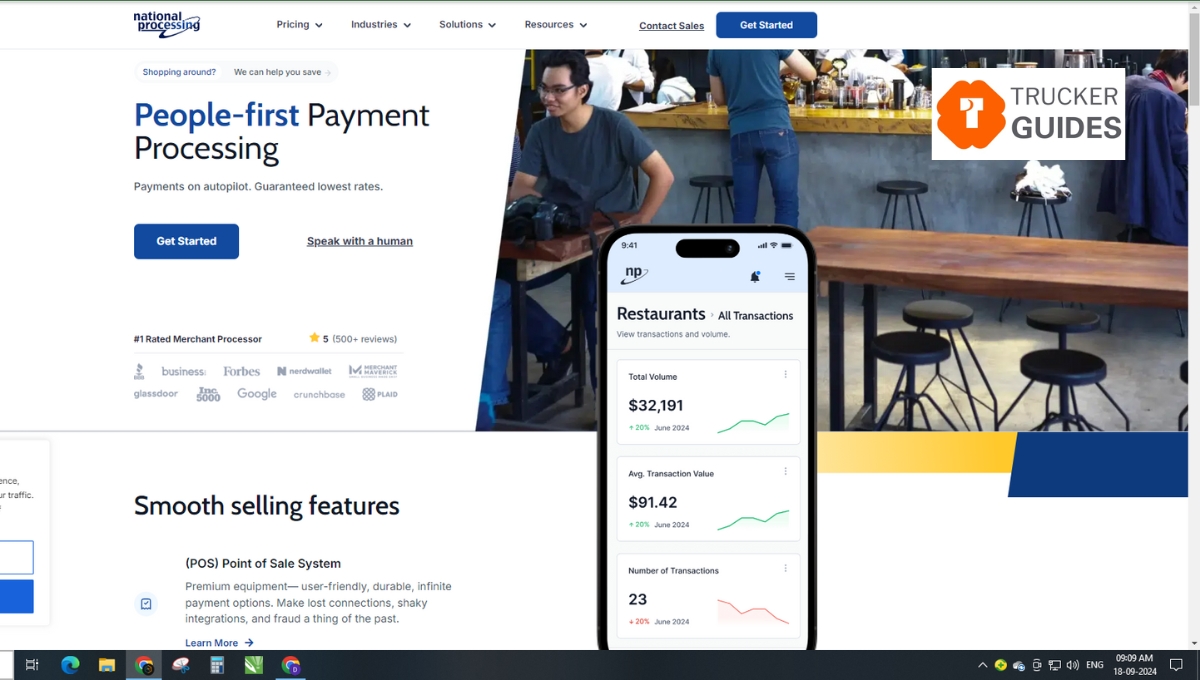
Businesses of all sizes can find a plan that suits their specific requirements, whether they operate in retail, e-commerce, or even non-profit sectors. This flexibility makes National Processing an attractive option for many.
One of the standout features of National Processing is its commitment to transparent pricing. Unlike some other providers, they make it easy for business owners to understand what they are paying for. This transparency helps build trust and ensures that there are no hidden surprises when it comes to fees.
For businesses considering National Processing, here’s a clear breakdown of their pricing structure:
Monthly Fee
$9.95 for Basic In-Person Package.
Payment Processing Fees
| Pros | Cons |
|---|---|
| Low in-person processing fees | Higher fees for low volume |
| 24/7 phone support | Separate plans for in-person and online |
| Works with high-risk merchants |
Also Read:Types of Accounting Services [Everything You Need to Know]
Payment Depot Payment Depot is a merchant service provider that distinguishes itself with a membership-based pricing model, making it particularly appealing for businesses with high transaction volumes.
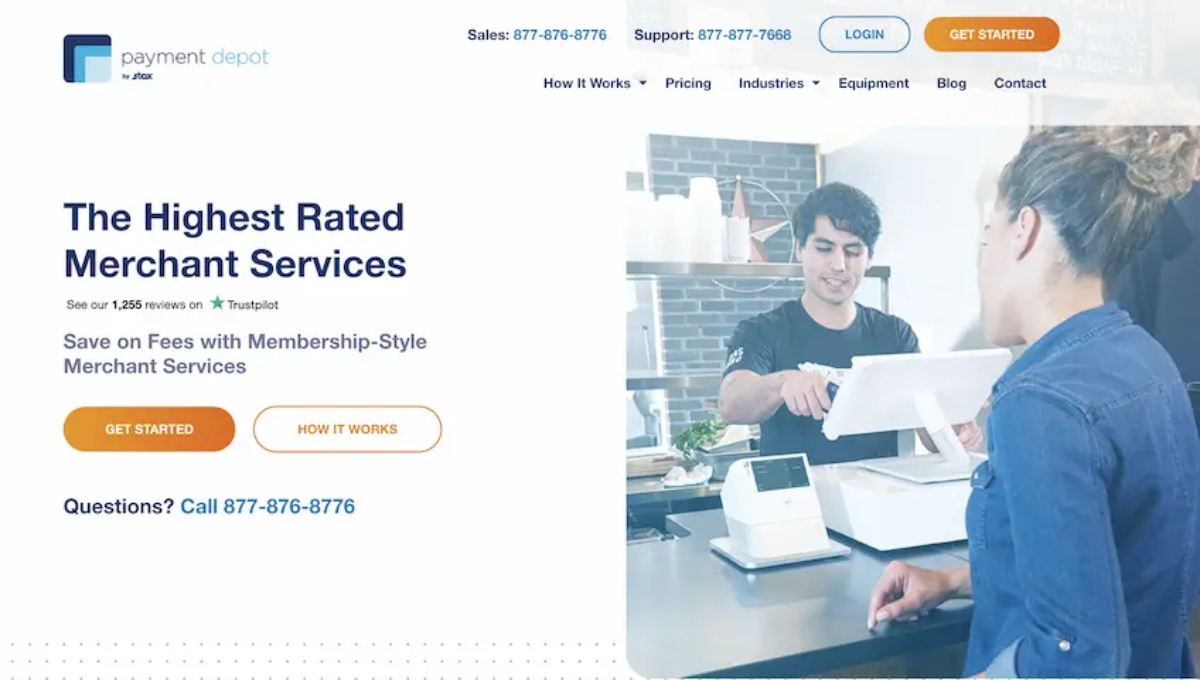
The company charges a monthly membership fee starting at $79 for businesses processing up to $250,000 annually. This fee structure allows merchants to benefit from lower per-transaction costs, as Payment Depot does not impose a markup on interchange rates, which can lead to significant savings for businesses that handle substantial sales volumes.
In terms of features, Payment Depot provides a comprehensive suite of services, including 24/7 customer support, an online dashboard for tracking transactions, and integration with various point-of-sale (POS) systems and payment gateways.
Monthly Fee
$0.00.
Payment Processing Fees
| Pros | Cons |
|---|---|
| Compatible with various POS hardware | Markups vary by business |
| 24/7 phone support | Hardware pricing not disclosed |
| No cancellation fees |
Also Read: Best Free Bookkeeping Software [Top 5 Picks You Need to Try!]
PayPal Holdings, Inc. is a leading American multinational financial technology company that operates an online payments system, facilitating transactions in over 200 markets worldwide.
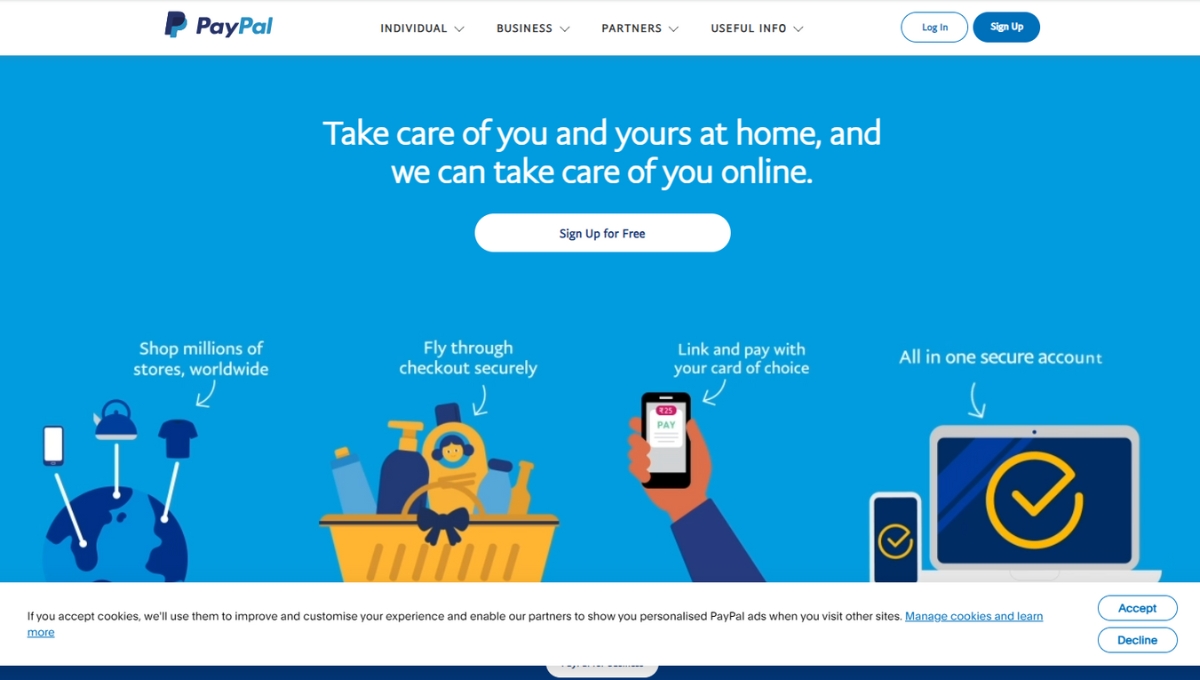
Established in 1998 as Confinity, it quickly evolved to become a significant player in digital commerce, allowing users to send and receive money electronically. PayPal became publicly traded in 2002 and was later spun off from eBay in 2015, regaining its independence.
As of 2023, PayPal boasts approximately 426 million active accounts and processes a substantial volume of payments, making it a cornerstone of online financial transactions.
The platform offers a range of services, including person-to-person payments, merchant accounts, and mobile payment solutions. Users can link their bank accounts, credit cards, or debit cards to their PayPal accounts, enabling them to make purchases without repeatedly entering payment information.
Monthly Fee
Payment Processing Fees
| Pros | Cons |
|---|---|
| Wide range of payment solutions | Reports of frozen accounts and funds |
| Supports over 26 currencies and cryptocurrencies | Complex pricing structure |
| Strong invoicing features | Not compatible with high-risk merchants |
| Instant fund access via PayPal Balance | Poor and hard-to-reach customer service |
| Merchant and customer financing options |
Choosing the right merchant service can be a game-changer for your business. From understanding pricing to weighing pros and cons, it’s essential to make an informed decision.
Whether you’re looking for flexibility, reliability, or top-notch customer support, there are options tailored to meet your needs. Delve into the specifics of each provider to find the perfect fit for your business. Remember, the right choice can help streamline operations and boost customer satisfaction.